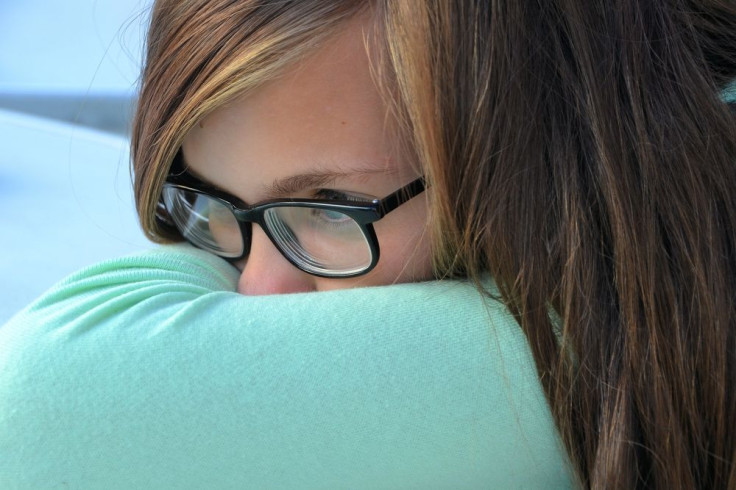Early Puberty In Girls Could Make Them More Susceptible To Bad Influences

There’s no doubt that tweens going through puberty will begin to show psychological and emotional changes that translate into rather unpleasant behavior. But according to a new study, girls who begin puberty early, specifically those who begin menstruation before 11 years old, could be more susceptible to negative influences, which in turn, could result in delinquent and aggressive behavior.
Although most boys and girls begin puberty somewhere within the range of 10 to 16 years old, some children begin undergoing changes before they even turn 8, which is known as precocious puberty. For these children, along with the physical changes that occur — breast development, growth spurts, and menstruation, to name a few — these children also experience wide-ranging emotional shifts as well, and often feel the need to be accepted in a world (middle school) where everyone is undergoing the same changes.
It’s these feelings, the researchers say, which could lead girls who begin puberty at a younger age to become more vulnerable to bad influences. For the study, they interviewed 2,600 girls, and their parents, at 11, 13, and 16 years of age. All of the girls who began menstruation early — 16 percent of the total group — reported higher levels of delinquency and aggression, which were behaviors that remained stable throughout the length of the study. At the same time, these girls’ relational and nonphysical aggression increased as they aged. But what stuck out for the researchers, was that having a deviant best friend made these girls more likely to engage in these bad behaviors. Fortunately, these effects were not long-lasting, and many of the girls’ behaviors went away by the time they turned 16.
“Peers are increasingly influential from childhood through adolescence, and girls who mature earlier than their peers may be drawn to more delinquent friends for a variety of reasons, such as wanting to fit in, being teased by other classmates, or not having the emotional development or social competence to match their advanced physical development,” Erika Westling, a researcher of personality and health at the Oregon Research Institute, told Reuters.
In the same way that some boys and girls become physically incongruous during puberty — think long arms, short body — lead researcher Sylvie Mrug, of the University of Alabama at Birmingham, also believes that these children’s emotional states are inconsistent with their physical states. “These girls look older and are treated by others as older, but they may not have the social and [thinking] skills to deal with these external pressures,” Mrug told HealthDay. What’s more, it’s difficult to avoid these pressures when growing breasts are so apparent to their peers.
Although some parents might see school time as a huge barrier in their influence on who their child’s peers are, Mrug says that parents have a lot more power than they might believe, and that it all depends on how they monitor activities. “Parental monitoring plays a big role in adolescence — knowing what the child does when she is away from parents, knowing who her friends are and what they do together, and the best foundation for effective monitoring is an affectionate, supportive parent-child relationship combined with consistent rules and consequences,” Mrug told Reuters.
Source: Mrug S, Elliott M, Davies S, et al. Early Puberty, Negative Peer Influence, and Problem Behaviors in Adolescent Girls. Pediatrics. 2013.



























